Pets United To Save Robo City Against Chaos
A thief and street dog named Roger has to work with other pets to take down the evil Mayor Frank Stone when he plans to destroy Robo City.
Incluvie Foundation Gala - Learn More
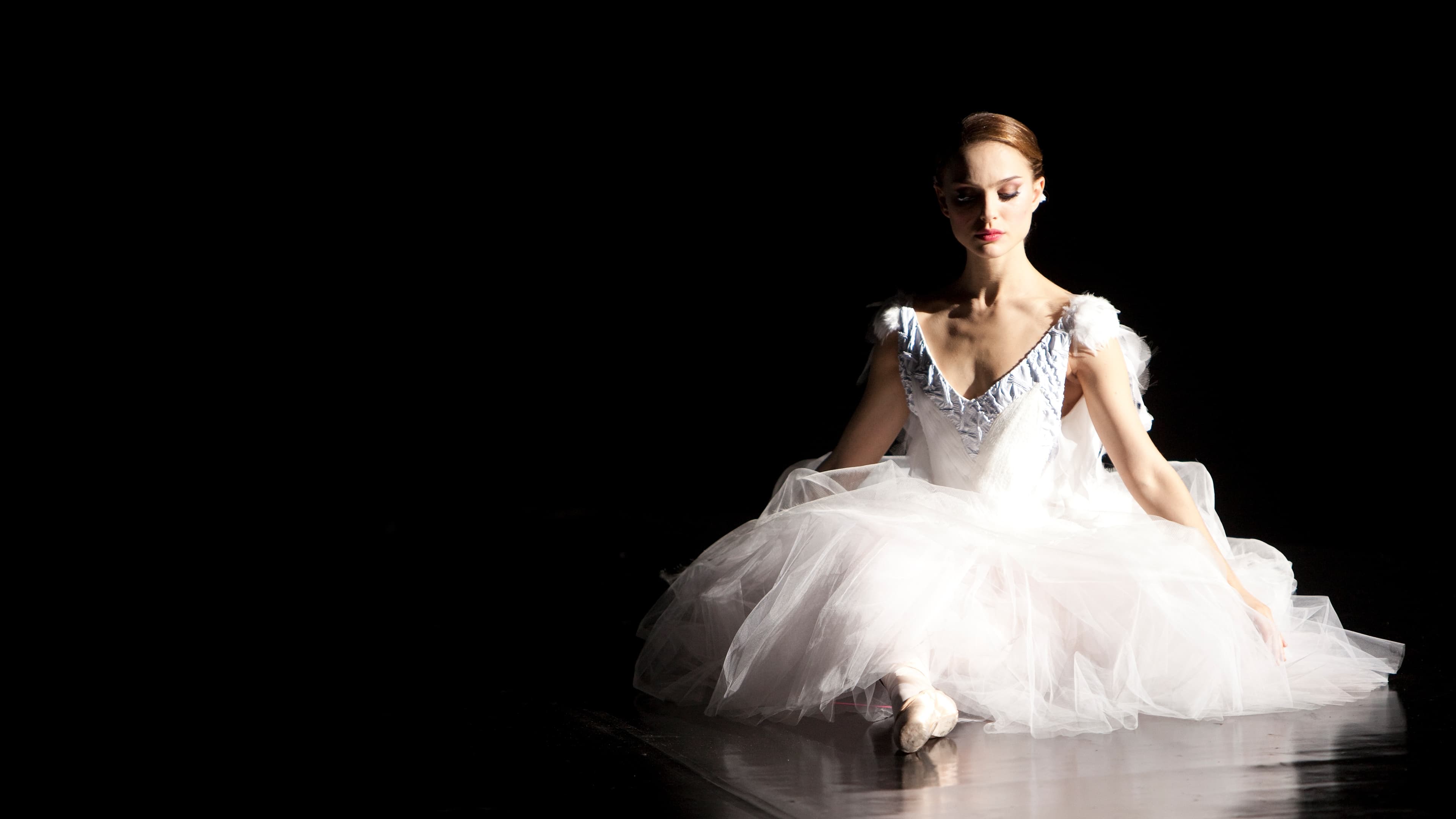

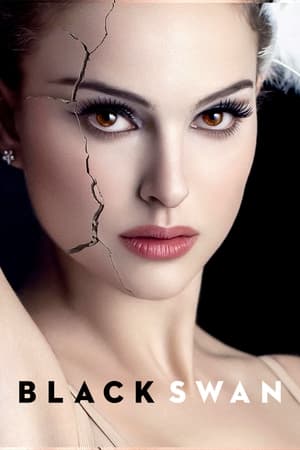


Allegory as a means of telling queer stories isn’t a new approach and for fairly obvious reasons. Until quite recently, explicit nuanced narratives on the LGBTQIA+ experience were difficult to bring to the big screen because historically, it was straight-up banned for decades, and then that got replaced by sparse and stereotypical representation that primarily either villainized queerness or used it for comic relief. So, the go-to mechanism was to subtly include hints of queerness into narratives that other queer people or those versed in reading cinematic texts could pick up on. From Hitchcock’s Rope whose homosexual themes Leon once explored for Incluvie, to the much less subtle nod to othered queerness in the What We Do in the Shadows film I have written about earlier, it has been an accepted norm, especially for queer creatives or even creatives who are allies of the community to include themes and narrative tropes which bear similarities with the common experience of many LGBTQIA+ people. From the experience of being ostracized to the internalized self-hatred born of conditioning in a cis heterosexual world, the experience of monsters like Frankenstein’s monster bear similarities to the queer experience. In fact, the problematic villainized representation of queers often occurred in horror films in the form of antagonists who were queer-coded or explicitly queer individuals like the transvestite Buffalo Bill in Silence of the Lambs.
But not only are some villainous representations being reclaimed, but many in the queer community also relate to the treatment of the monster even when interacting with monster stories that aren’t coded as queer. And in fact, the body horror genre holds a special place in the gender-questioning and transgender community. The experience of feeling trapped in a body that doesn’t seem to be one’s own, and the constant urge to mutilate oneself as a means of self-expression are themes commonly explored in body horror films where the body of the protagonists often even undergo physical transformation along with mutilation. Whether this was intentional or not, these narratives are being interpreted as allegories for the trans experience because non-cis individuals often find visibility in the portrayal of the characters’ relationships with their bodies which can be easily read as metaphorical if not direct, representations of body dysmorphia, a common consequence of gender dysphoria. So in the spirit of Halloween, the following is a list of body horror films that can be more easily interpreted as trans allegories.
In honor of AANHPI Heritage month, let's celebrate Filipina-American pop star Olivia Rodrigo and her love of horror movies. Grammy-award singer Olivia Rodrigo not only sings about the angsty teenage experience, but she references women-led horror movies in her music videos that give us a glimpse of how brutal girlhood could really be. In no particular order, let's see what horror movie references we can spot in Rodrigo's music videos.
In the music video "good 4 u" Olivia Rodrigo famously wears black gloves throughout the video. After recently watching a classic J-horror film, I got déjà vu because one of the characters also is known for wearing black rubber gloves. If you haven't guessed it before, Olivia Rodrigo's gloves are inspired by the J-horror film Audition (1991). The female lead, Asami wears black rubber gloves when she reveals her cruel intentions toward a widower. FYI, Audition is about a woman seeking revenge on men that have done her wrong, and "good 4 u" has got that covered, alright.
In, "Brutal" Olivia Rodrigo shows us that life can be brutal for teenage girls or just women in general. This music video is all about hyper-feminity and how suffocating it is for girls to keep up with unrealistic images of themselves. We see scenes of ballet dancers and Rodrigo breaking a leg to keep up with the dancers; this definitely screams Black Swan (2010). She's even wearing black pointe shoes!
I hate the idea that animation’s for kids; just because it’s animated doesn’t mean that it’s some silly cartoon and shouldn’t be taken seriously. There’s plenty of animated movies that are aimed for adults, but for this list, I’m just going to pick out five that have stood out for me.
Based on the 1972 novel by Richard Adams, and directed by Martin Rosen and John Hubley, Watership Down is about a group of rabbits who flee their home before it’s destroyed by humans. The rabbits find a new place to live and do whatever it takes to protect it from danger.
We follow brothers, Fiver (Richard Briers) and Hazel (John Hurt) as they go on their journey alongside fellow rabbits. At first, it all seems like a sweet, innocent story since we see rabbits and other cutesy creatures, but that turns out to not be the case. There are other groups of rabbits out there, and they are vicious; one of them practically runs a cult.
TW: Self-harm
A few months ago, I came across the trailer of a film that looked, at the risk of sounding cliché, like a cross between Whiplash and Black Swan. Lauren Hadaway’s directorial debut draws inspiration from both of them, but is a semi-autobiographical film about her own experience about rowing while in college, as she herself mentioned in an interview with Variety. It follows Alex Dall as she navigates the ruthless world of college athletics, fueled by her self-destructive perfectionism. She pushes herself to inhuman limits, even resorting to self-harm to handle her obsessiveness. Isabelle Fuhrman as Alex Dall, has embodied performance anxiety down to the subtlest physical tics, and the fact that this is a performance is difficult to believe. The story’s disturbingly familiar in today’s world of cut-throat competition, and its design as a psychological thriller actually impresses on the mind of the audience, the horror of such a competitive existence. It would fit into a tragic structure as well, but fear is the main emotion that fuels the narrative here, just as the fear of failure fuels the protagonist, and that’s why this feels rather organic. And with the focus on mental health, it’s naturally fitting to portray self-destructive tendencies in a psychological thriller or horror, instead of approaching the storytelling from an impersonal direction. The lines between sympathy and pity are blurred to the extent you aren’t sure if you’re scared for her or of her, and soon enough, you’ll be feeling the extreme fear she does. And that’s how the film manages to make a scarring impact, but also makes a humanitarian case.
Alex gets the perfect character introduction. She’s shown taking a test, looking around while thinking about the answers. And then the T.A. announces that class is over, so everyone starts getting up. Cut to a frame of an empty hall with Alex alone at her place in the gallery. Cut again, to a shot of her leaving the classroom, and the T.A. calling after her asking why she took the test twice, after finishing first. What does this tell us about her? Firstly, she’s very conscious of her competition. Even if she’s concentrating on her work, she keeps track of her competitors’ behaviour. Secondly, she is oblivious of perception beyond performance. It doesn’t bother her that she’s the only one left in the room if that’s what’s necessary. And finally, she’s obsessive and possibly a perfectionist. She took the same test twice, most probably because she believes repeating will improve her, and we’re already introduced to her grinding attitude through this. It slowly becomes clear as the film progresses that this analysis isn’t off base, as her issue is definitely performance anxiety as opposed to social anxiety. She makes minimum effort to fit in, and is actually comfortable being a lone wolf. She mumbles something when asked why she wants to row, and while that comes across as feeling put on the spot in front of a crowd, I believe it’s a nod to the fact that her need to challenge herself is the only motivation, and she’s unsure if the lack of personal attachment will make a bad impression on the coach. She doesn’t even bother huddling and just takes notes from afar to avoid performing poorly.
It’s true that a person is layered and an affliction doesn’t define who you are, but there’s only one facet of Alex Dall that’s expressive in the scope of the experience around which the film is constructed. And in that respect, the film gets lost in a good way, in exploring the multifaceted all-consuming issue that is anxiety. Dall starts out as slightly neurotic, although uncomfortably unforgiving of herself, and gradually descends into self-harming chaos before somehow making her peace with the necessity to step away, and almost cathartically leaving behind her teammates to fend for themselves, possibly realizing that there’s more to life than proving you’re the best. The personal satisfaction she hunts for through the film, never seems to really come to her, because she does miss out on the scholarship after unsympathetic teammates sabotage her seat race, but the smile on her face when she erases the board after writing down her record-breaking score, tells you she’s come to terms with herself. The catharsis is merely implied and you’re not sure the patterns won’t repeat, but it’s clear she’s at least acknowledged herself, maybe even for the first time in her life. What’s messed up about the ending however, is that she actually proved herself by breaking the record, and the satisfaction comes immediately after. So, you can’t know if she’s taken a step towards a less toxic relationship with herself, or if it’s simply her performance that allowed her to suddenly not show off that she’s the best.
Anxiety has no look, and it can manifest in a million ways, but the common tics are perfected by Fuhrman who delivers a nuanced performance that’s practically an embodiment of performance anxiety. In the car, Alex sits in the backseat biting her nails while her teammates joke about getting the scholarship, and who’s best. When her closest friend in the team informs her she was the second choice for the senior team, she starts fidgeting with her trousers, her mind tuning out the rest of the conversation. She avoids eye contact, and dresses intimidatingly, embracing the resultant seclusion. The warmth that naturally seeps into her eyes after she starts dating, is a testament to Fuhrman’s talent. Alex’s lips aren’t naturally sitting in a frown until she needs to smile, and are in fact curled upwards generally. The moment competition comes up, it vanishes, and the balance between excitement and tension is expressed in her gait and facial expression. Her poker face is back, and she’s tuning out others. The throwing up and breaking down looks rather authentic as well. And then there’s the scene of cutting herself. She marks her skin like a woman possessed, numbed out of feeling pain from the blade, and finally there’s the outburst that the composed performance had been foreshadowing throughout. Her delivery of the lines saying that she can work herself to the bone to be the best is haunting. The crazed look she gives the record holder before the final race is the peak of her obsessive behaviour, and it’s perfectly followed up by her almost suicidal race in the lightning. The closing shot where she looks right into the camera, like a fourth wall break, reveals her exhaustion without words.

The story of Nina, a ballerina in a New York City ballet company whose life, like all those in her profession, is completely consumed with dance. She lives with her retired ballerina mother Erica who zealously supports her daughter's professional ambition. When artistic director Thomas Leroy decides to replace prima ballerina Beth MacIntyre for the opening production of their new season, Swan Lake, Nina is his first choice.

Darren Aronofsky
Director

Darren Aronofsky
Director
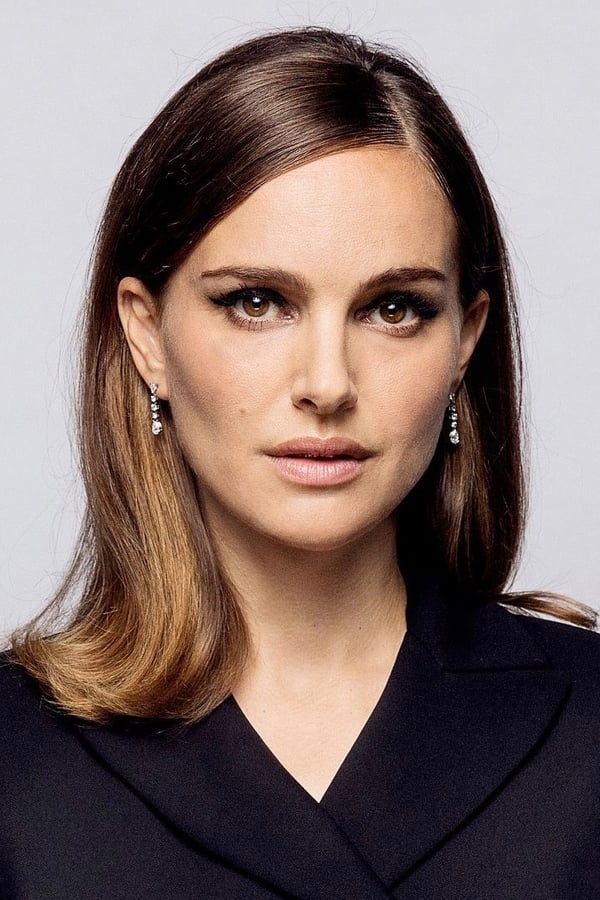
Natalie Portman
Nina Sayers / The Swan Queen

Mila Kunis
Lily / The Black Swan

Vincent Cassel
Thomas Leroy / The Gentleman

Barbara Hershey
Erica Sayers / The Queen

Winona Ryder
Beth Macintyre / The Dying Swan
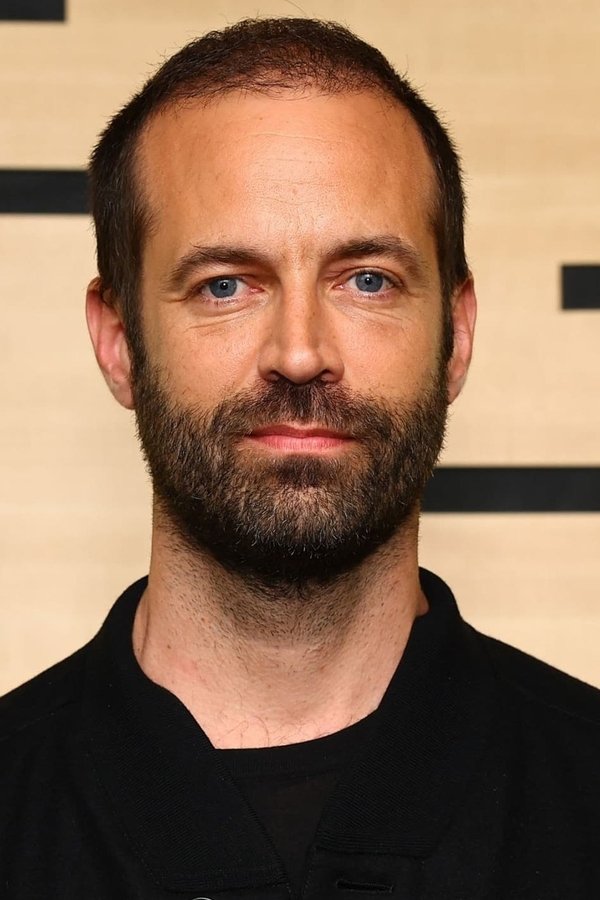
Benjamin Millepied
David Moreau / The Prince

Ksenia Solo
Veronica / Little Swan

Kristina Anapau
Galina / Little Swan

Janet Montgomery
Madeline / Little Swan
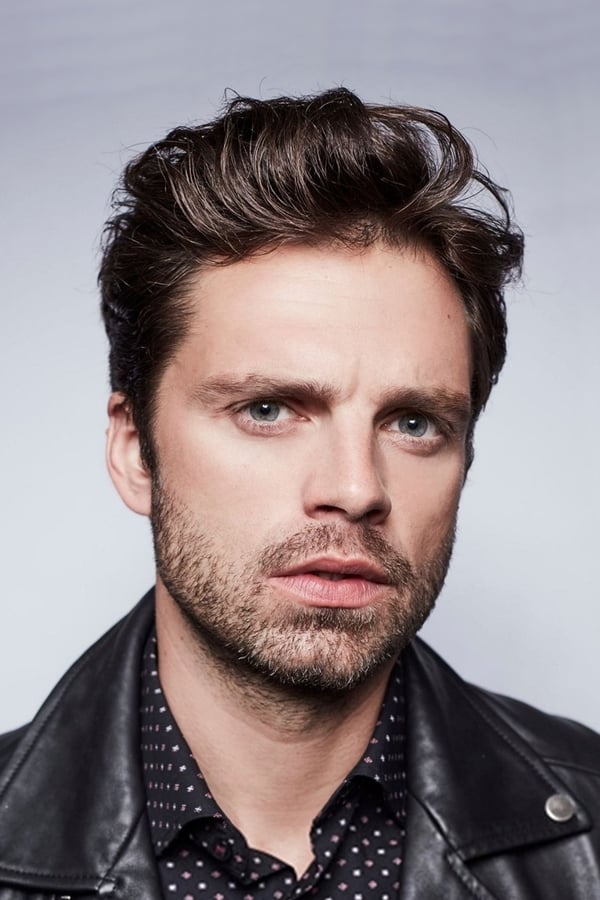
Sebastian Stan
Andrew / Suitor
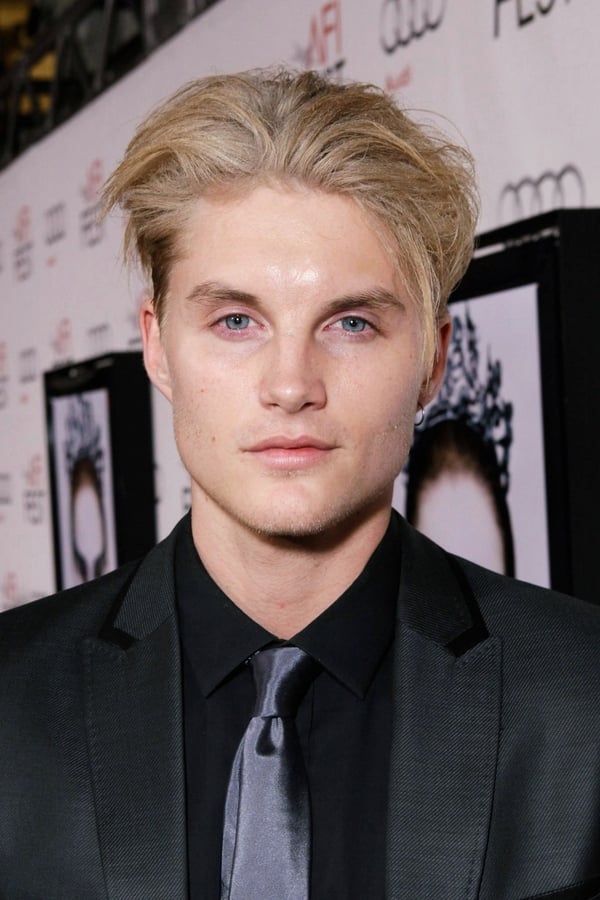
Toby Hemingway
Tom / Suitor
A thief and street dog named Roger has to work with other pets to take down the evil Mayor Frank Stone when he plans to destroy Robo City.
True crime media is notoriously obsessed with the “missing white woman” trope, and yet the vast majority of American murder victims are male, and well over half are people of color.
'Jungle Cruise' is fun if you can ignore the racism of the ride it’s based on and the film’s bland, stereotypical characters.



